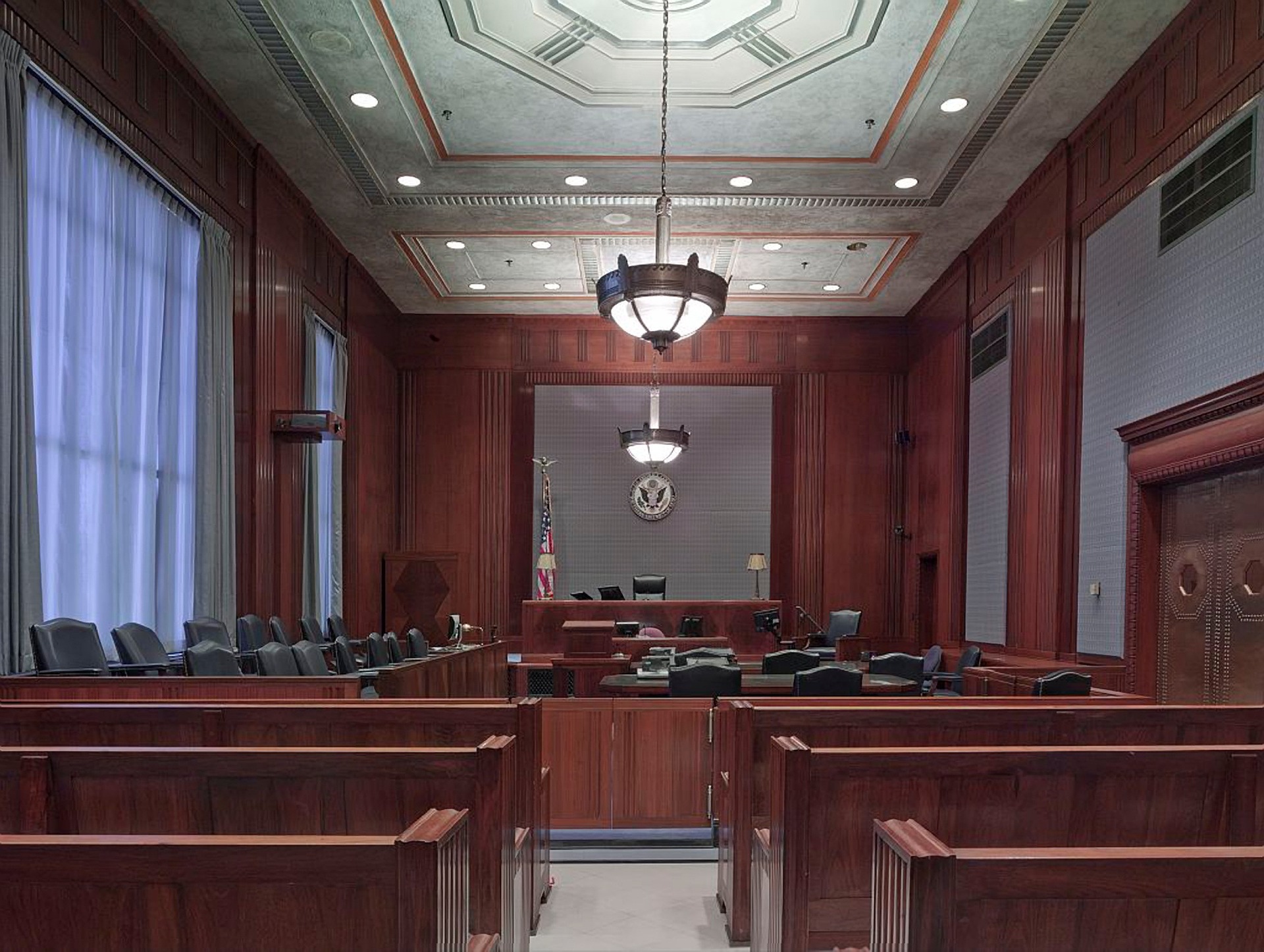A Comprehensive Look at the Whistleblower Protection Act: History, Updates, and Societal Impact
The Whistleblower Protection Act, a crucial piece of legislation in the United States, has played a significant role in safeguarding the democratic values of transparency and accountability. This article delves into the details of its inception, the changes it has undergone, and its influence on society.

The Genesis of the Whistleblower Protection Act
The Whistleblower Protection Act (WPA) was signed into law in 1989, a significant milestone in U.S. legal history. The act aimed to protect federal employees who disclose evidence of waste, fraud, or abuse in their respective agencies from retaliation. The legislation was a response to instances where whistleblowers had suffered adverse career consequences for their actions, a situation that Congress felt needed legislative redress.
Amendments and Updates to the Act
Over the years, the WPA has been updated to keep pace with changing societal, political, and legal landscapes. A significant amendment came in 2012 with the Whistleblower Protection Enhancement Act, which expanded protections, clarified ambiguous language in the original act, and extended protections to federal employees in the intelligence community. The most recent update came in 2017, when the Follow the Rules Act was signed into law. This act protects employees who refuse to obey orders that would require them to violate a rule.
Implications of the Whistleblower Protection Act
The WPA has far-reaching implications for not just the federal workforce, but also for the wider society. It encourages transparency and accountability in government agencies, fostering a culture of integrity and honesty. By protecting whistleblowers, the act helps to unearth instances of corruption, waste, and abuse that might otherwise remain hidden, thus contributing to the effective functioning of the government.
The Act’s Impact on Society
The societal impact of the WPA is profound. By promoting transparency and accountability, the act bolsters public trust in government institutions. The protection it offers to whistleblowers can encourage more individuals to come forward with information about misconduct, further enhancing the accountability of public officials.
The Whistleblower Protection Act: A Pillar of Democracy
In conclusion, the Whistleblower Protection Act stands as a testament to the democratic values of transparency and accountability. The act’s historical context, the legal updates it has received, and its societal implications all underscore its significance in the legal landscape. As it continues to evolve in response to societal changes, the WPA remains a crucial safeguard for whistleblowers, a promoter of government integrity, and a bulwark of democracy.




